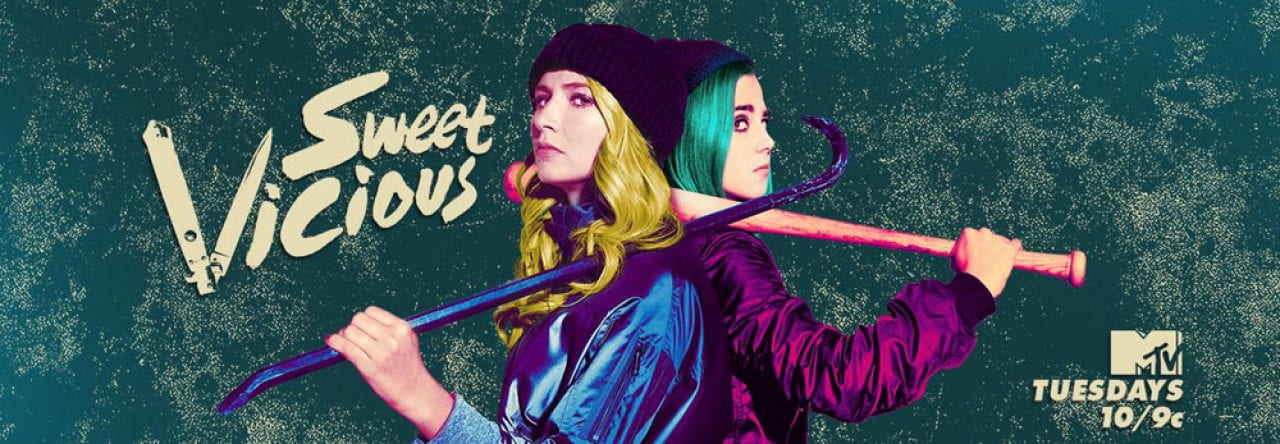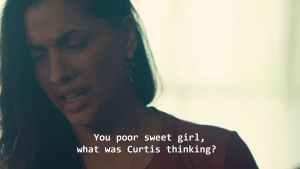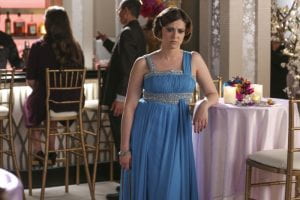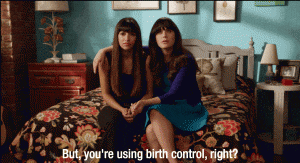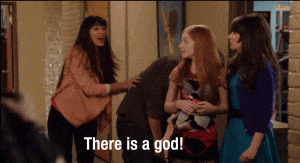With the increased demand for television to represent public opinion and increase inclusivity of all types, television shows, including Switched At Birth, have responded by, at least ostensibly, supporting these themes. However, occasionally, such as in Episode 10 (The Homecoming), such demands are, in fact, bucked in favor of a blander, more palatable theme.
Take, for example, the existence of hearing-deaf relationships in the episode The Homecoming, whereby Bay (hearing) and Emmett (Deaf) formally agree to a relationship (leading to Emmett notifying Daphne (Deaf) of his decision to remain with Bay). Against the pressures of the Deaf community, many of whom desired a display of genuine Deaf-Deaf relationships, which had previously never been displayed on television, Freeform instead opted to portray a softer message of acceptance of all relationship types between Deaf and hearing individuals through the tones portrayed by each character. For instance, Emmett’s passionate yearning for Bay (as noted in the statement “I just want you” and “I don’t want a Deaf Bay”), far from embracing the attitude previously reiterated (of the incompatibility of him with a hearing girl), reverses the trend and, seemingly randomly, portrays him as more accepting. In addition, such themes can be seen in Daphne’s reaction of reluctant acceptance; by not portraying Daphne as immediately supportive, the episode thus pits acceptances against denials, and by extension, embraces an acceptance-based theme.

This image perhaps best represents the broad agreeable themes found in Switched At Birth of tolerance.
However, far from being merely a singular theme, the theme is symbolic of the greater nature of Switched At Birth’s at-times vague themes as a whole. For example, when compared to other themes such as its broad anti-gambling message, as expected from a family-friendly network, its tolerance-based theme represents a broader trend of simplistic, inoffensive traits, and as a result, represents the general public stance (in relation to Deaf relationships). However, such themes, as previously stated, can clash with the Deaf community’s perception. Thus, although Switched At Birth ostensibly provides a relatively progressive theme (in regards to Deaf culture), due to circumstances such as its channel of release, the primary themes that eventually resulted more so resembled the traditional television shows that it explicitly attempts to break from.
